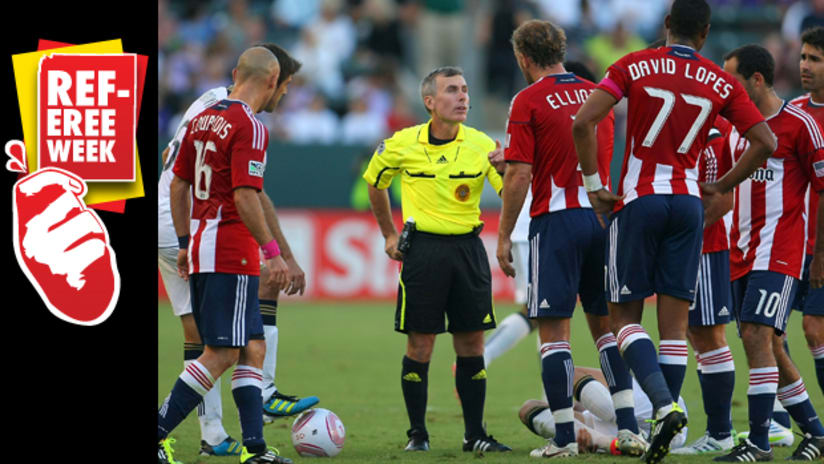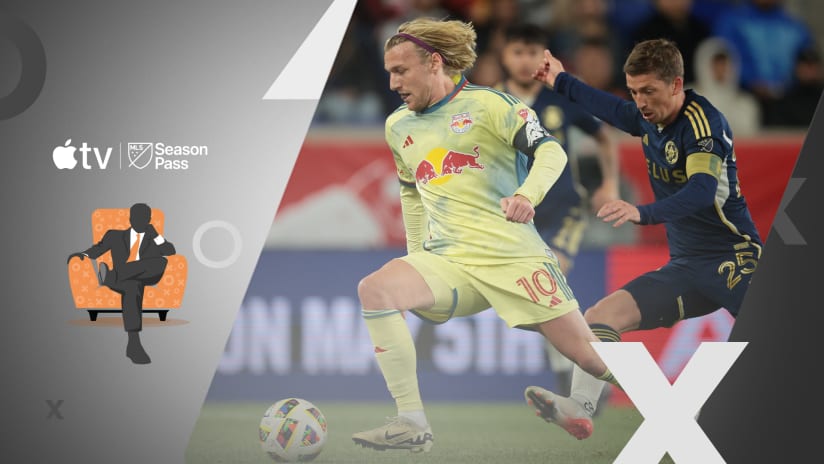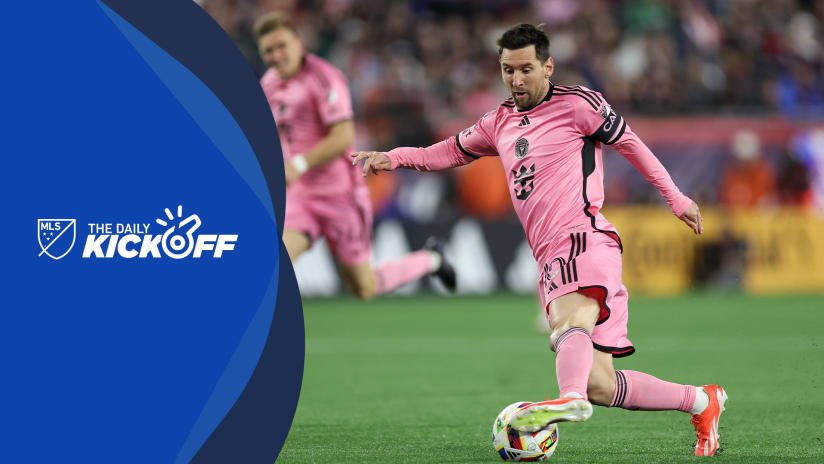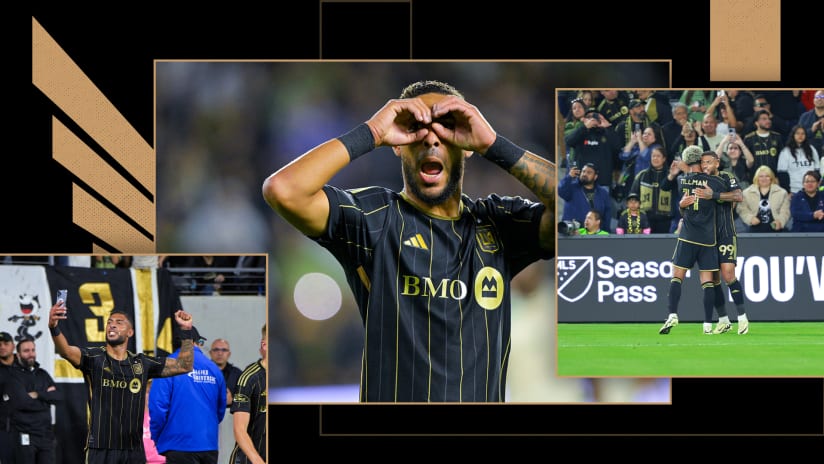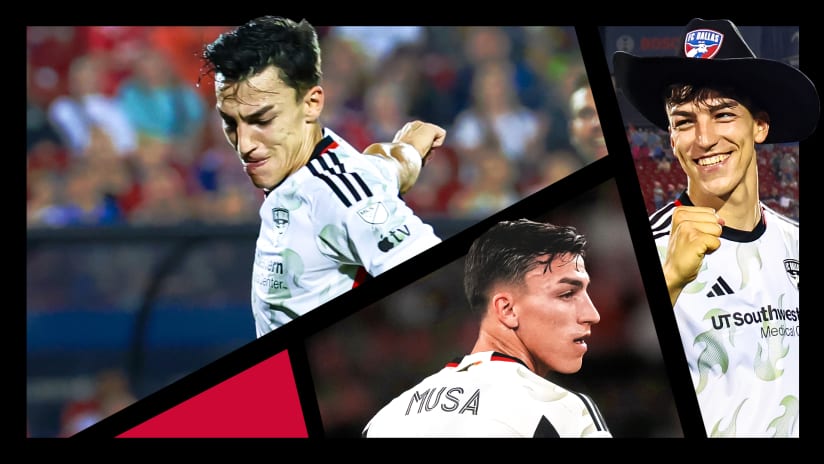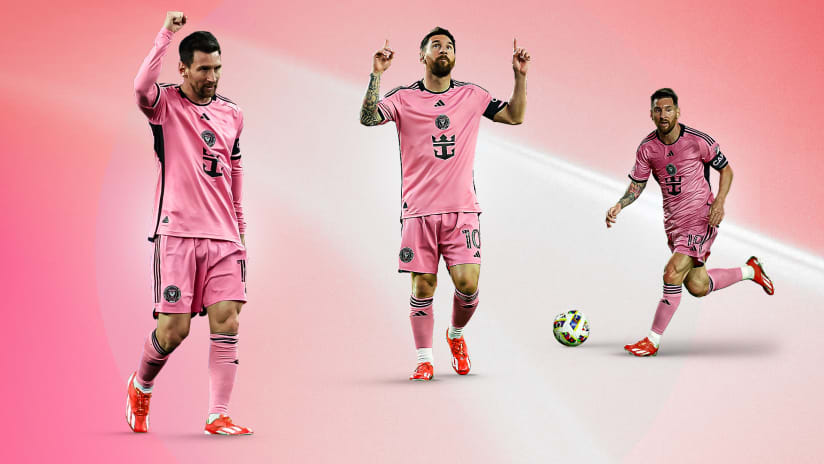We continue with Part II of our look at officiating in North America, and dig specifically at what MLS has done to try to address the pressing issues as identified by league officials, players, coaches, GMs and more. (Click here to read Part I.)
Points of Emphasis
At the start of the 2011 season, we saw how serious the theme of officiating became for MLS with the public unveiling of the “Points of Emphasis,” which were shared with coaches, players and referees ahead of the launch of the season. Developed in conjunction with the US and Canadian federations, these were areas of the game that needed to be addressed and they ranged from reckless tackles to offside calls.
Life as a Ref: Part 2

Although the league office admitted some initial challenges with universal interpretation in the first weeks of the season, Herb Silva, director of US Soccer’s Professional Referee Department remains positive. “Absolutely, it helps,” he says.
“After the first four or five weeks of the season, the league felt that things really did settle down quite a bit,” says Nelson Rodriguez, MLS executive vice president for competition. “In general, the league’s view is that points of emphasis take time. I’d like to see us stick with it. I think it takes time for coaches and players to adapt and adjust and it takes time for the referees as well. The longer we stay with it, the greater consistency we’ll find against it and that will effectuate behavioral change going forward.”
Getting reckless, dangerous play out of the game
A pressing topic in 2011 is the role of referees in the injuries to star players Steve Zakuani (Seattle Sounders), David Ferreira (FC Dallas) and Javier Morales (Real Salt Lake) earlier this season.
“If you look at three of the more high-profile injuries, in terms of the referee, he gets it correct [in terms of the card shown],” says Rodriguez. “The referees are put at the forefront but really are a last line of defense.”
This is where the “three-legged stool” concept comes through. It’s the acceptance that coaches and players are equally responsible for what happens on the field of play as much as referees.
The recent Mauro Rosales injury in Seattle after the tackle by D.C. United's Daniel Woolard was another case in point.
“I’m not sure that’s the referee’s fault,” Rodriguez said. “Have we done enough in the other areas? Have the coaches done enough to modify the behavior of certain players or certain challenges and have the players recognized that certain challenges are reckless and dangerous to their own? The league office should have done a better job in articulating and making people understand that what happens on the field is not 100 percent and solely the responsibility of the official.”
Taking the initiative in training and assessment
It’s FIFA’s mandate that the federations control and administer officiating in each country, including match assigning and the identification and training of officials.
But in North America there is a growing dialogue between MLS and the US and Canadian federations. Beginning this season the US Soccer Professional Referee Department took up residence the MLS offices in New York.
“Right now the league’s role is to provide its viewpoint and opinion to the federations,” Rodriguez says. “Ultimately the federations can accept that or discard it.
“We want our assessment to actually impact the overall assessment of the official’s performances. We don’t want it to be input. That, for us, is a crucial one that we feel very strongly [about], that the league’s assessment of an official’s performance has to matter to that official and it has to matter on the basis of future assignment, compensation and future status.”
Silva indicates that it was a matter that was being considered at the very highest levels and the English Premier League set-up, featuring a Professional Game Match Officials Board that is made up of representatives from the different leagues and the English FA, is being looked at as a potential model.
“The model they’ve got, the entity manages the refs – part from the league and part from the federation,” Silva says. “It’s under evaluation as to whether something like that would work here.”
Addressing the culture of ref-bashing
One thing that burns Silva is a constant din of often-uninformed criticism, particularly, he says, from television analysts, who take their biased view of the proceedings on the field without necessarily being knowledgeable enough about the laws of the game or their application. Their criticisms have often given rise to a maelstrom around certain decisions where there should have been none.
A Portrait of Dissent

“If you had a really hard-nosed defender that thinks that getting the ball means that anything is ok, there’s subjectivity in his comments,” Silva explains. “There have been those kinds of issues.”
“I think we as a soccer society, not just in the pro game, need to stop bullying referees,” Rodriguez said. “It has become too easy to blame every ill and woe on the official. Everywhere you go in the soccer pyramid in North America, officials are being bullied and we need to change that dynamic across the board. The officials are not villains in black.”
Looking abroad for answers
There are those who want to see Italian refereeing icon Pierluigi Collina come galloping in on a white horse and all of a sudden the challenges that refereeing has faced will disappear. Pure fantasy.
What fans will be interested to know is that -- similar to the perception surrounding former USMNT boss Bob Bradley, who frequently earned praise from the likes of Sir Alex Ferguson -- outsiders seem to appreciate the quality of MLS referees more than those on our own shores.
For example, Mark Geiger was selected as the man in the middle for the FIFA Under-20 World Cup final and received glowing reviews.
Rodriguez told an anecdote about former MLS Deputy Commissioner Ivan Gazidis, now in his third season as CEO of English Premier League giants Arsenal, volunteering the unsolicited viewpoint that MLS referees are on par with those in the EPL.
That’s not to say that the US referee set-up does not continue to seek out improvements by looking overseas. MLS recently hosted Keith Hackett, a former EPL referee and the current GM of the Professional Game Match Officials Board, in New York in order to hear his thoughts on the process and structure in the USA.
The league office has also dedicated resources in researching the structures, best practices, disciplinary procedures and training methodologies of other countries, which they’ve shared with the USSF and CSA.
“Do our guys make mistakes? Absolutely. Are they as many and as often as they’re critiqued for? Probably not,” says Silva. “I look at some of the recent international games going back to ManU vs. Chelsea. Were there mistakes in that game? Yes, I think so. Were those guys critiqued for it? Probably. Would they have been critiqued here? Yes. Are they better than our guys? They make mistakes like our guys make mistakes.”
MLS has also sought out the advice of officiating experts from other leagues. It was through consultations with former head of NFL officials Mike Pereira that the plan for ref coaches was hatched.
“We continue to speak to [the federations] about other potentially radical changes in the organization, structure and foundation of officiating to move us forward and some of that is based on what we learned elsewhere,” Rodriguez said.

